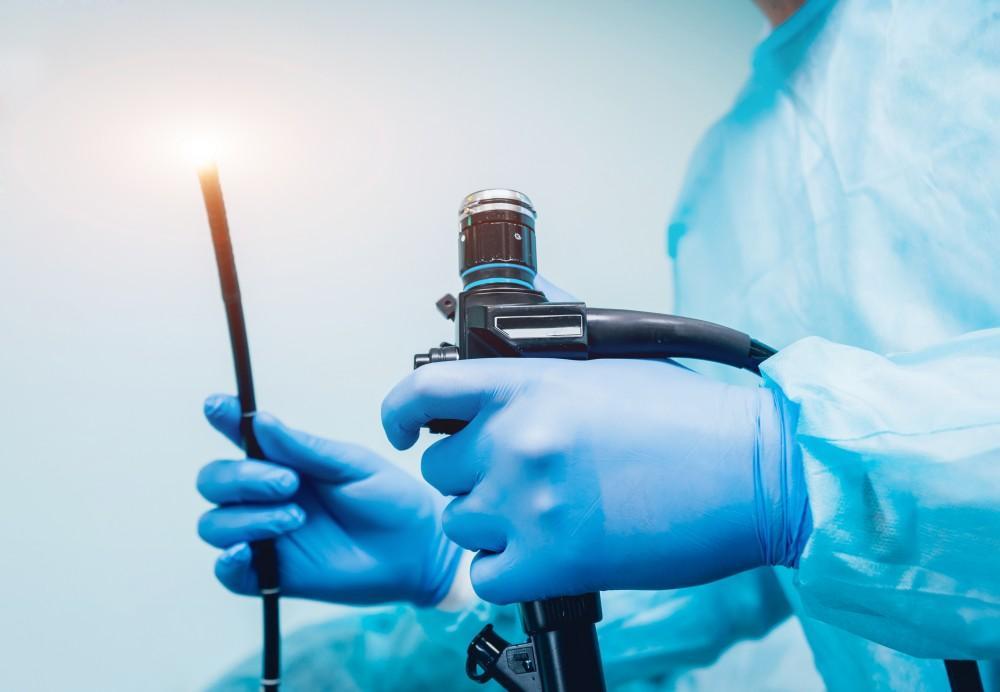
An endoscope is a long flexible tube with a camera and a light affixed to it. It’s used to examine your internal organs without the need for a big incision. When an endoscope is used, the procedure is called an endoscopy.
Dr. Ven Kottapalli at GI Physicians, Inc. has performed hundreds of endoscopies. He, and the rest of our staff, understand that you may have many questions about why you need an endoscopy, what to expect, and how it can help Dr. Kottapalli correctly identify the cause of your symptoms.
During an endoscopy, Dr. Kottapalli can see everything the camera is capturing on a screen, which means he can examine your digestive tract from the inside. Many different problems with your digestive tract can have similar symptoms, and an endoscopy narrows down the potential reasons for your symptoms.
An endoscopy may be used to diagnose the following conditions:
Along with a physical examination, your medical history, and possible blood tests, our staff can use an endoscopy to gain a better understanding of your problem and make appropriate treatment suggestions.
In some cases, the endoscope can be used to treat your problem. For example, polyps can be removed during an endoscopy. It can also be used to treat bleeding ulcers, remove objects, and open strictures.
The type of endoscopy we suggest depends on multiple factors, but one of the most important is the likely origin of your problem. Although there are others, the following types of endoscopies are the ones we most often perform.
An upper endoscopy examines the upper part of your digestive tract. We insert the endoscope through your mouth, then down your throat. Your esophagus, stomach, and the upper section of your small intestine can be examined with an upper endoscopy.
A colonoscopy is used to examine the other end of your digestive tract. Inserting the endoscope through your rectum allows us to examine the lower part of your intestine.
A different sort of endoscopy can be used to examine your entire digestive tract with a wireless camera contained in a pill-like capsule that you swallow. The device is about the size of a vitamin.
Once you swallow it, the camera moves through your digestive tract, capturing thousands of images. Certain parts of your intestine can be difficult to see using traditional endoscopy, making capsule endoscopy more useful in some situations.
For both an upper endoscopy and a colonoscopy, you’ll be sedated so that you’re more comfortable. However, you’ll also need someone to drive you home because the effects of the medication can linger for up to a full day.
You may need to fast or to take a laxative, which we provide, prior to your procedure, depending on which type of endoscopy you’re having. We give you thorough instructions beforehand so that you know exactly what you need to do both before and after your procedure.
If you have questions about having an endoscopy or you think it might be a beneficial procedure for you, book an appointment at GI Physicians, Inc. You can request an appointment online, or simply give us a call to schedule.